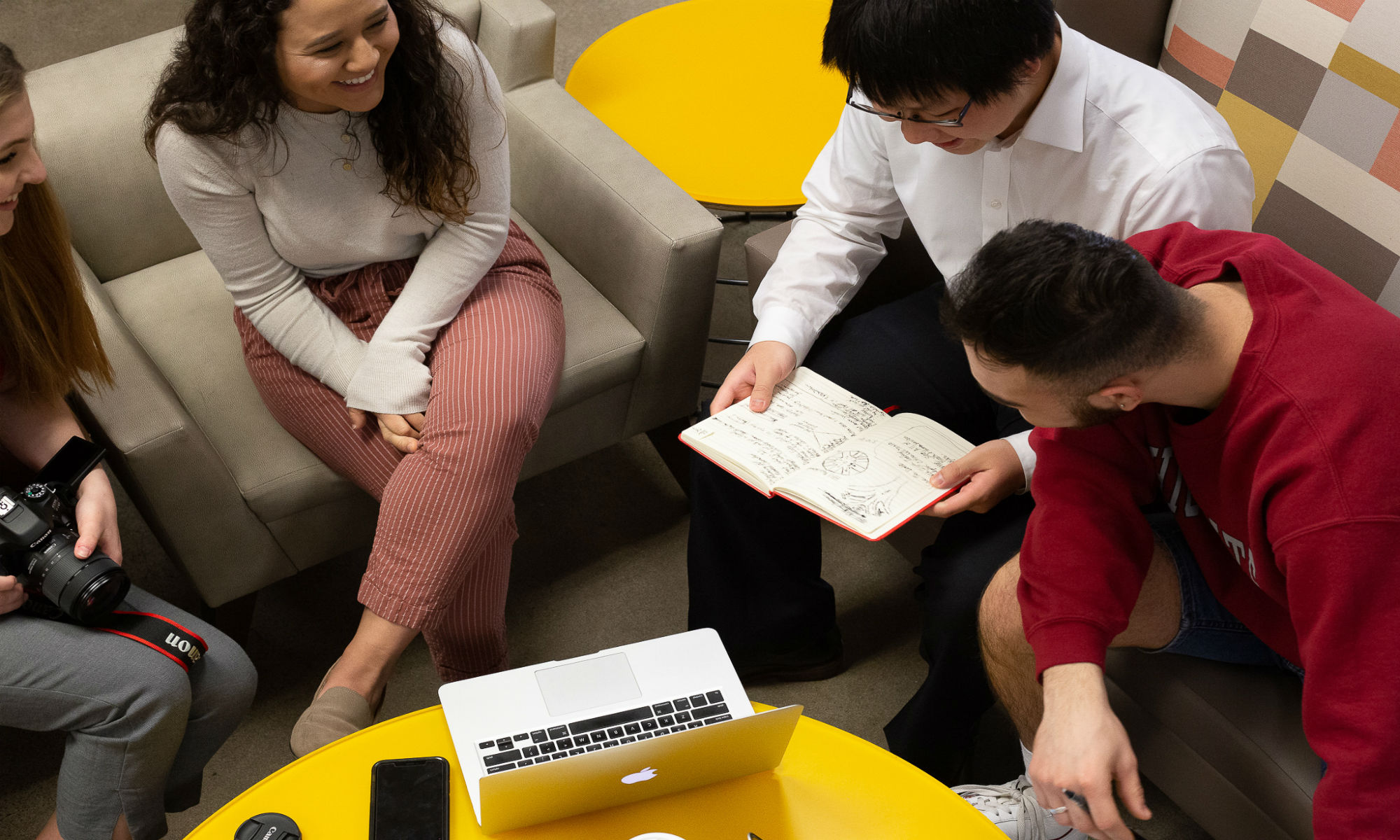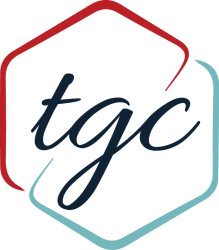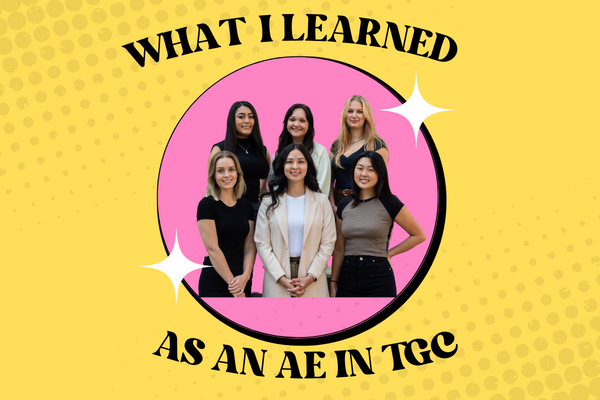By: Rubi Ha-Hernandez
It’s my first semester in TGC and I am stoked to be working with such a talented team for our amazing clients.
To my surprise I was assigned to be an Account Executive for my first semester working with Nicole Johansson for the Honeybee Discovery Center. My team is composed of wonderful and strong writers and creatives. Here are a few out of the many things I have learned in TGC.
Leadership Skills
Working with my team has helped me improve my leadership skills. Working with our client, we have to collaborate and communicate as a team to make sure our client’s needs are met. Leadership skills have been crucial for effectively managing, motivating my team and making sure everyone is aligned on a common goal. My team makes it easy for me to guide them through our work because of their enthusiasm in working with our client. Their positive energy fuels each other’s creative torch.
Quick turnarounds and keeping up with PR trends means our team has to be able to adapt. PR is a dynamic field where unexpected challenges or changes arise.
“Being in the leadership position, skills like adaptability and resilience help my team navigate these challenges.”
The event the Honeybee Discovery Center is hosting this November has been an example of adaptability. This event sprouted from a casino night idea then evolved into a fundraising opportunity drawing thanks to our dear friend, the IRS. This meant all content prepped for the event had to be changed in language to follow IRS regulations. In order to garner attention and reactions, our team has been creating more opportunities of exposure through local advertisements and media visibility to increase ticket sales.
Communication
Coming into TGC as an Account Executive means that the connection between you and the client is crucial. Communication is part of being an effective leader in order to deliver clear and concise information. Before our work began I had a conversation with our client. There were clear and concise expectations from Nicole based on her previous experiences. It was my responsibility to assure her our team would deliver on communication and adaptability. It is also my responsibility to relay that with our team as well. A good flow of information helps the entire process sail smoothly towards success.
Connect with Your Team
I believe one of the most important leadership skills to have is relationship building. Building and maintaining relationships with my team and our client fosters brand growth. Demonstrating interpersonal skills, empathy, and the ability to connect with my team is the reason why we have been successful. Our client has given us the opportunity to create a team bond over the love of bees and nature. Taking a work trip to their learning center feels more like a fun outing rather than a task. Of course, we take our work seriously. Refreshing our brains with fun ideas was a bonus!
Who doesn’t want to have their hard work noticed? Complimenting your team members gives them a boost. In difficult or stressful assignments, it’s the validation we need even if we do have to edit our work. Being in a career that always has to be on top of trends, it is easy to get stuck in a rut. I always try to compliment my team members for their hard work whether or not there is constructive criticism. Bouncing ideas off one another can elevate the quality of work our client is able to have.
Don’t Be Afraid to Ask for Help
We’re all in this together. As a Wildcat, that line stays heavy in my mind whenever I think about reaching out to my team for advice. I have always struggled with asking for help. In my mind, as a leader I should be able to make decisions and problem solve for my team. However, that is not how TGC works. Our leadership team consists of three amazing seasoned TGC staff and our extraordinary advisor who are always willing to help. Asking for help is not a weakness but rather a strength. It promotes collaboration and sets a positive example for the rest of the team by demonstrating that it is okay to ask for input or expertise from others. The outcome often leads to a better solution or result than originally offered. I have relied on our leadership team on multiple occasions for advice or revisions. Not only do I have a better product for our clients, I have created that relationship with my peers and mentors. Don’t be afraid to ask for help, chances are someone else is also struggling with the same thing you are.
In just one semester, my role as an Account Executive at TGC has provided me with a valuable glimpse into the world of PR. Initially, I was nervous, but thanks to the unwavering support and positivity of the staff, my apprehension turned into genuine enjoyment.
Being part of TGC has not only allowed me to witness first hand what a career in PR entails, but has also placed me in a leadership position, preparing me for the realities of the PR industry. I embrace every opportunity to learn and grow with the goal of applying these experiences and knowledge to my future career as a PR professional.




